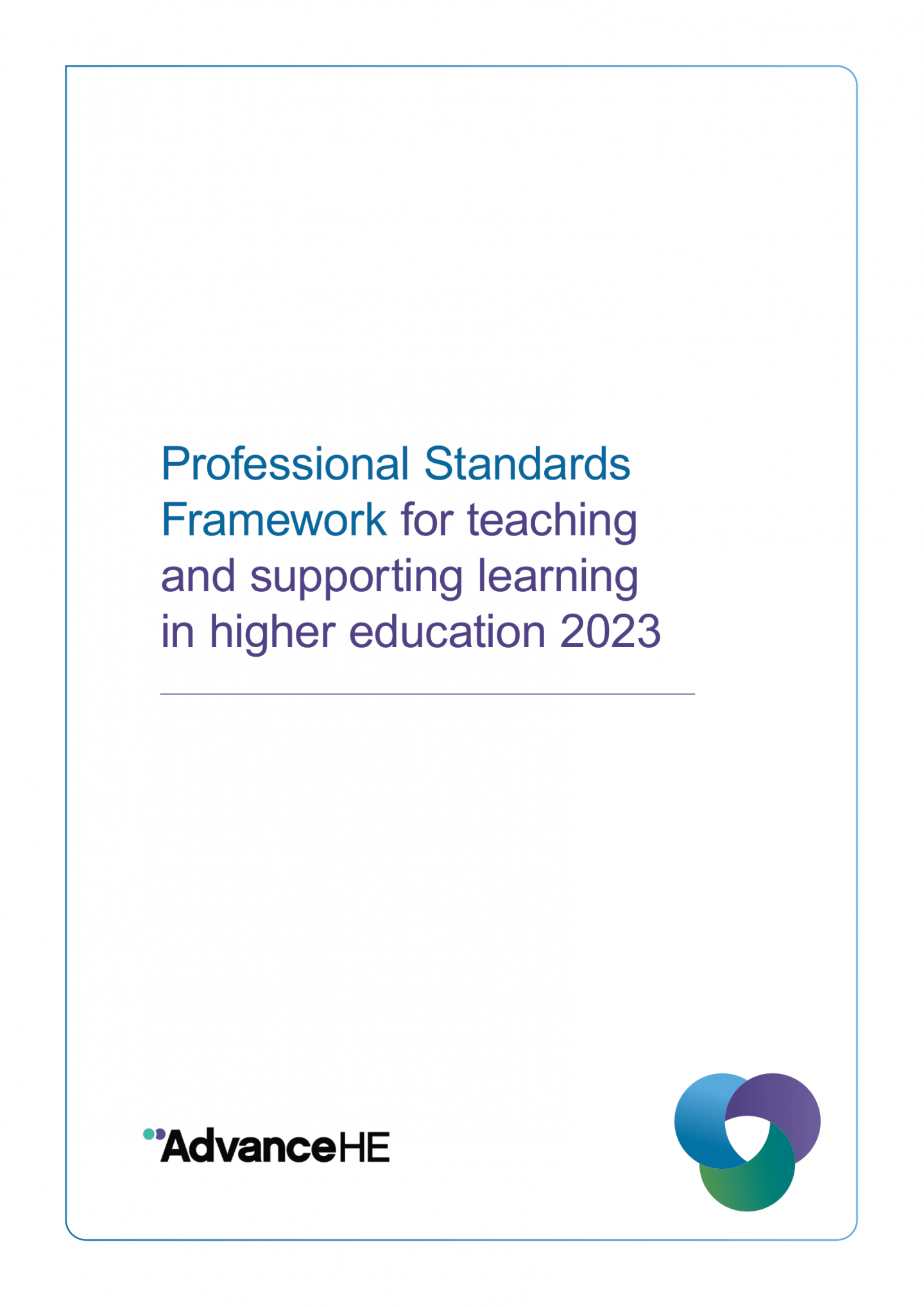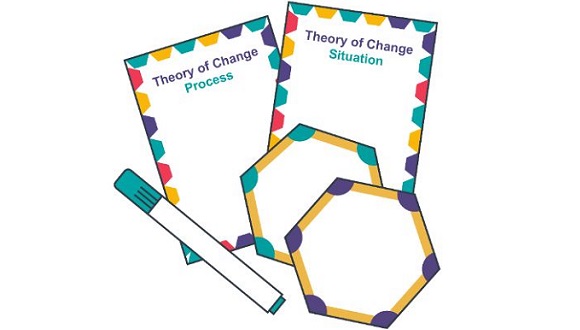
Working together to address your priorities
Higher education institutions can achieve a holistic approach to student success by focusing on the strategic priorities below in an integrated programme of activity.
Embedding Employability
Transforming Assessment
Student Retention and Success
Enterprise and Entrepreneurship in Higher Education
Flexible Learning
Internationalising higher education
Student engagement through partnership
Education for sustainable development
Technology enhanced learning
Mental wellbeing in higher education
Tailoring your priorities across specific disciplines
Whether you're working with us across a range of disciplines or within a specific disciplinary area (Arts and Humanities, Health and Social Care, Social Sciences, STEM), we will shape our services to meet your needs, supporting you at an individual, departmental, faculty or institutional level.
Student Success Frameworks Series
Best practice frameworks, informed by research, developed with the sector for the sector
The issues impacting on student success are broad and complex, having a shared point of reference and common language to discuss, shape and review policy, process and practice can therefore be an extremely effective way of applying a consistent methodology to leading change. Engaging with our research informed frameworks in combination, will help identify smarter ways of working. This is achieved through identifying synergies between key strategic priorities that all underpin teaching excellence and the aspiration to support student success in its broadest sense.

Consultancy and Enhancement Services
Your challenges are our priorities and as we’re independent of any regulatory framework, we can provide an external viewpoint and be your critical friend. We create ‘safe places’, facilitating collaboration and candid conversation between and within institutions. Our support includes:
- expert advice and guidance
- bespoke sustainable consultancy solutions from department through to institutional level
- staff development opportunities at all levels
- teaching resources
- events and networks
- examples of sector best practice
Introducing the Professional Standards Framework 2023 (PSF 2023)
Launched in 2006 and last revised in 2011, the Professional Standards Framework for teaching and supporting learning in higher education (PSF) has global recognition for raising the profile of teaching and learning in higher education. The PSF’s contribution to reward and recognition is unsurpassed, being used by individuals, institutions and national bodies.
Following a sector and evidence led review, the PSF 2023 is a more inclusive Framework that recognises the critical role of the context in which practice takes place and is more accessible to all professionals with a role in teaching and supporting learning.
Its focus on effectiveness and impact of practice drives attention to improved outcomes for learners across the global community. The concise, streamlined approach offers clarity and ease of use in professional development, leadership of teaching and learning, strategic enhancement and in fellowship and accreditation settings.
We will be opening applications for fellowship for each of the four categories supported by the PSF 2023 on 12 April 2023, new guidance documents and templates are available in an information pack on each of the category of fellowship web pages.
We will continue to welcome applications made against PSF 2011 until 31 December 2023 for individuals already in the process of developing their application. If you would like to apply under UKPSF 2011 please visit UKPSF 2011 fellowship application resources.

ChangeBusters
The innovative ‘ChangeBusters’ game, designed by the team from Sheffield Hallam University, constructs a ‘Theory of Change’ based on evidence from within the ARAP integrative literature review. This game aims to support users to understand the stages of a Theory of Change, build confidence, explore evaluative questions, and extend learning through application to their own context. The goal is better intervention design and evaluation, which in turn should lead to better student outcomes.
